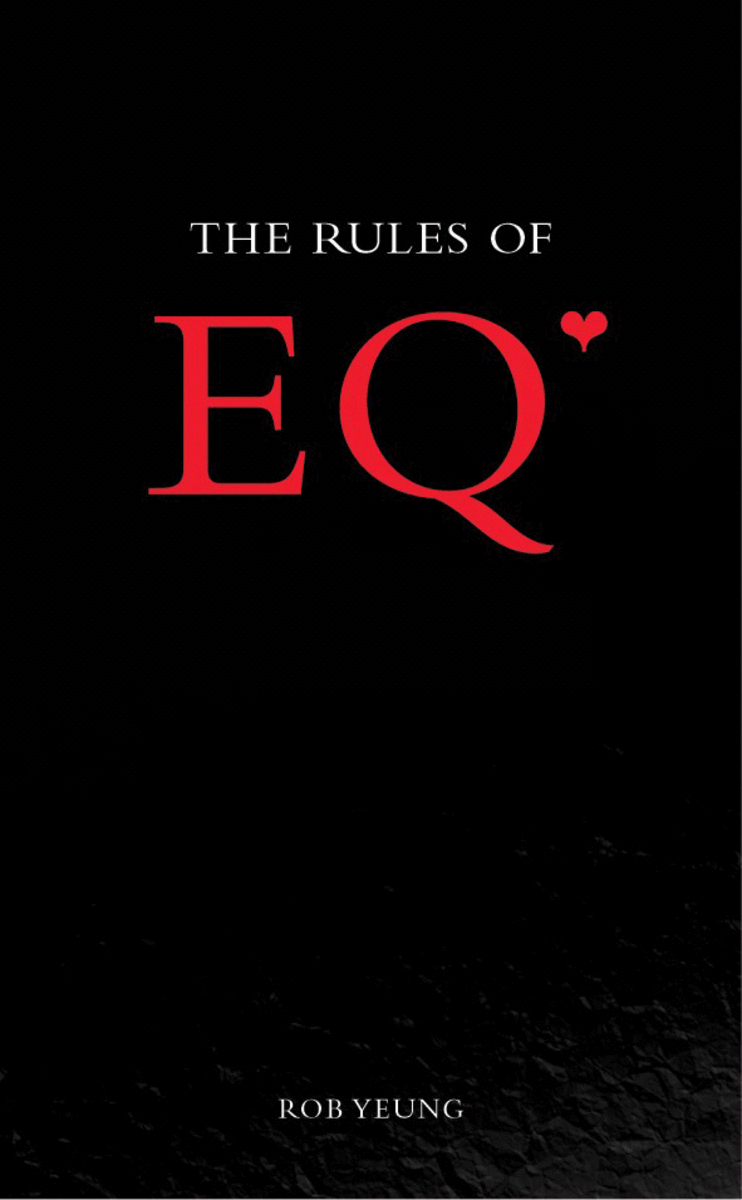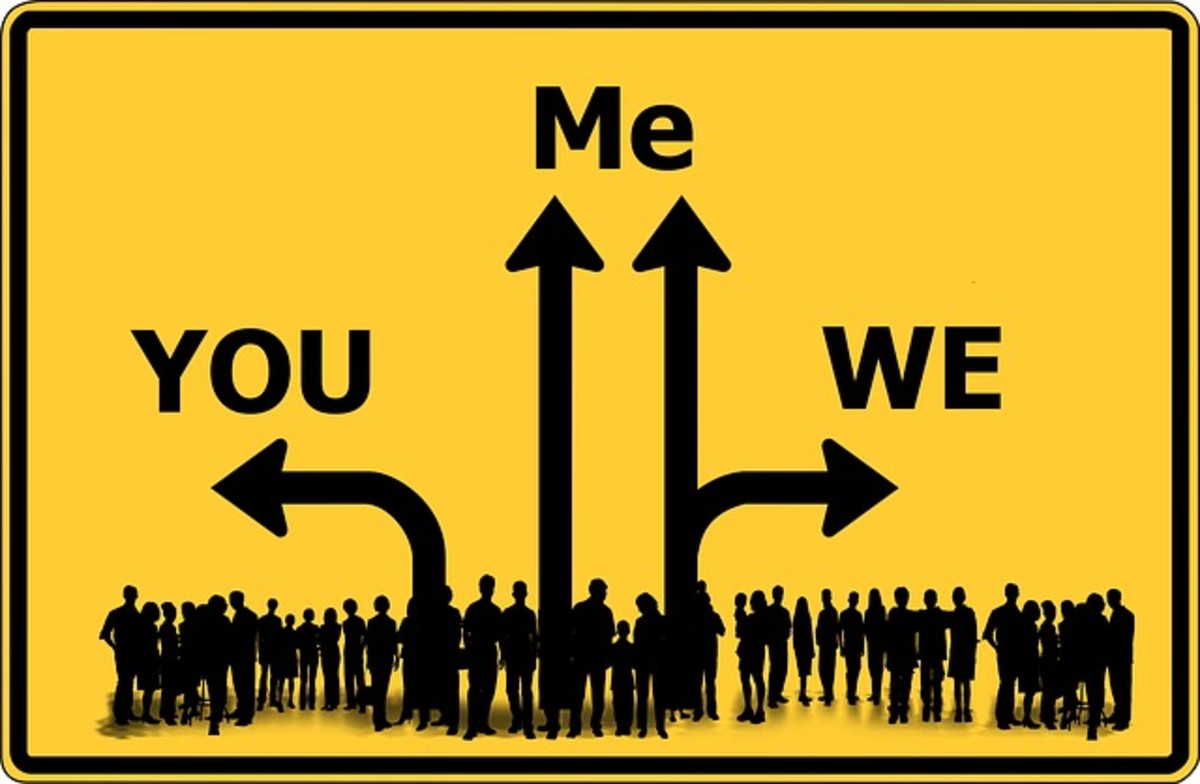"Think" Smarts vs. "Feel" Smarts
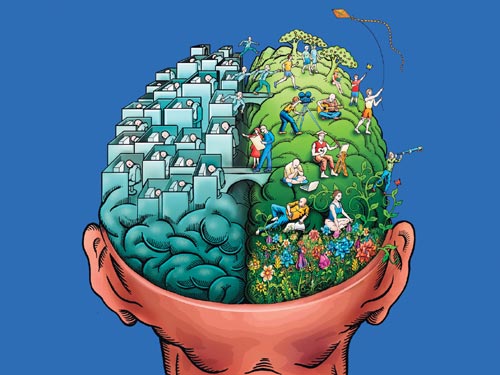

Emotional Intelligence
I've been intrigued by this subject for some time - I'm always interested in the juxtoposition of concepts that force you to question your assumptions about things. This is the type of thing I wrote about in Do The Opposite of What Doesn't Work!
Particularly interesting is the fact that our culture seems to value thinking intelligence far above feeling intelligence - and they are NOT the same. In my professional experience, I've found countless examples of highly paid professionals involved in second-grade level squabbles, because of oversized egos - the intellectual equivalent of the Napoleon complex. I've read that some of the most difficult employees to supervise are often doctors, educators and lawyers!
What exactly does this term mean - emotional intelligence, expressed as one's emotional quotient (EQ)? After all, aren't emotions different from intelligence? According to Peter Salovey and John D. Mayer, Emotional Intelligence means "the ability to monitor one's own and others' feelings and emotions, to discriminate among them and to use this information to guide one's thinking and actions." In his book Emotional Intelligence: Why It Can Matter More than IQ, Psychologist Daniel Goleman defines it as "a trait not measured by IQ tests, as a set of skills, including control of one’s impulses, self-motivation, empathy and social competence in interpersonal relationships."
Brain science tells us that signals to your brain pass the limbic system - where you FEEL - before arriving to the rational part of your mind where you THINK ... meaning your reaction to what you experience is emotional before it is rational. What this also means is that we're always dealing with the emotional/feeling part of what we experience and have usually developed patterned ways of dealing with, or avoiding those aspects of our internal processing. EQ, therefore, is the conscious practice of being aware of, and applying deliberate intent to the processing (internal) and displaying (external) of emotions.
So, then what does an emotionally intelligent person look like? How does it feel to embody emotional intelligence, strength and balance? I believe the answer to that can be as simple or as complex as we choose to make it. Is it a set of behaviors? If I behave in a respectable manner, does that make me emotionally intelligent? It depends, doesn't it? I'm reminded of the recent South Carolina Governor who tried to keep this perfect image, but who found himself pulled toward a "soul mate" in Argentina that tore his family apart and revealed the falseness of that image.
I think it's largely internal. It's something that matters little to anyone but yourself, because it's not about others. It's not focused on external perception, about how much you're adored or vilified. It's more about having peace, balance, inner strength, a loving awareness of self and others motivated by self-actualized truth.


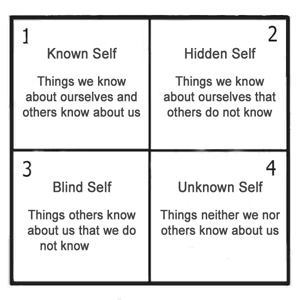
The face of EQ
I think sometimes we understand a concept best by comparing opposites - by showing those extremes, we can rationally (and emotively) discern some of the grayer areas that require our own IQ and EQ to understand.
I was thinking about the subject of EQ when I recently re-watched one of the Rocky movies. You remember Rocky, Stallone's creation of a not-so-bright boxer from Philadelphia with a big heart, and slow, almost retarded speech. But is he so dumb? Here's one of his speeches to his son from Rocky Balboa, which sums up the nature of the Rocky movies and why I still enjoy them:
"Let me tell you something you already know. The world ain't all sunshine and rainbows. It is a very mean and nasty place and it will beat you to your knees and keep you there permanently if you let it. You, me, or nobody is gonna hit as hard as life. But it ain't how hard you hit; it's about how hard you can get hit, and keep moving forward. How much you can take, and keep moving forward. That's how winning is done. Now, if you know what you're worth, then go out and get what you're worth. But you gotta be willing to take the hit, and not pointing fingers saying you ain't where you are because of him, or her, or anybody. Cowards do that and that ain't you. You're better than that!"
Self-aware. Insightful. Simple truth. High EQ; bad grammar!
In the other extreme, listen to the video clip below from Daniel Goleman. In it, he describes his brother-in-law's visit to an institution housing a sociopath called the Santa Cruz Strangler who murdered a large number of people, including his grandparents, his mother and five coeds. Going there, he learns this killer had an IQ of 160 - genius level. But zero emotional empathy. While there, he asks the killer, "How could you have done it? Didn't you feel any pity for your victims?" The strangler says, "Oh no, if I felt the distress, I could not have done it. I had to turn that part of me off."
Obviously, most of us fall somewhere in the middle. The interesting thing is that while most people have a fair sense of whether they are aware of their intellectual smarts, very few people are aware of their emotional immaturity - their feel smarts. This fascinates me. It also reminds me of the Johari Window (see image above), a tool which helps to focus our attention on the development of our awareness. The goal is to increase box 1 - the known self, by learning about ourselves what others already know (box 3 - blind spots) and by revealing to others our hidden areas (box 2) to become our fuller, more robust, authentic selves.
Until you start believing in yourself, you're not going to have a life ...
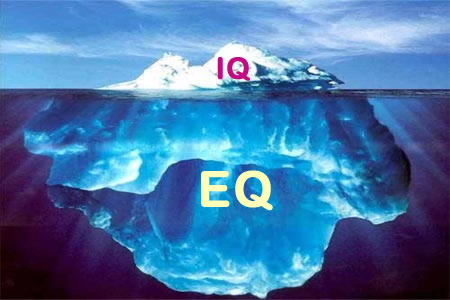

The accidental universe
There's a sense many people have that thinking intelligence is deliberate and emotions are wild and uncontrolled. This assumption is false and based predominantly on conditioning - emotional development and emotional health have much to do with training and habit. Do habits happen accidentally? Sometimes. Just as sometimes you start smoking because of nervousness and sometimes because of the perception of cool that you might have picked up from others. Can bad habits be undone? Of course - by deliberate conditioning. Can good habits be started? Of course - by the same.
The workings of our minds - how we think, react, feel, emote, and rationalize - are endlessly fascinating. We know what we know what we know. What we don't know - the sense of wonder and possibility - is what makes science, spirituality and discovery so fascinating. A wise person will always continue to wonder, will have an endless desire to increase his awareness, will drop his arrogance and self-protectiveness, and must truly surrender to the fact that with all he knows, he still knows so little.
"The unexamined life is not worth living." ~ Socrates:
"With a firm inner foundation, you cannot be toppled." ~ Lao Tzu
"As human beings, our greatness lies not so much in being able to remake the world - that is the myth of the atomic age - as in being able to remake ourselves." ~ Gandhi
"Yo Adrian ... We Did It!" ~ Rocky Balboa


